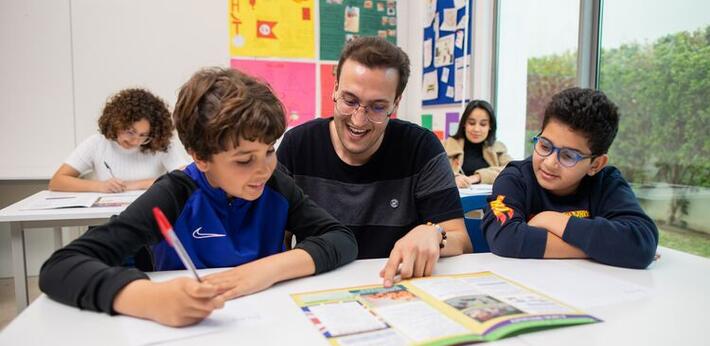You are here
Home ›26/09/2016
Government Encourages Universities to Contribute to the Industrial Sector
Development in industries does not necessarily depend on the availability of natural resources within a country. Some countries with advance industrial sector have lack of natural resources but they are able to optimize the science, engineering or technology to support their industrial development. Based on that reason, the government will continue to encourage universities to take part and produce innovation through technology development to support improvement in the industry.
Minister of Industry, Airlangga Hartanto said that the challenge for universities is to develop human resources who are skilled in specific expertise according to the needs of the working placements. In the future, Ministry of Industry (Kemperin) proposed that vocational education in industry major for the level of SMK (vocational senior high school) up to D1 (Diploma 1) and D2 (Diploma 2), the teaching proportion should be 60% practical and 40% theory. Thus, there will be an internship program for a minimum of three months each semester.
Kemperin also continues to encourage industrial companies to build polytechnics, which currently textile and automotive industries have implemented this. Kemperin will coordinate with the Ministry of Manpower and Ministry of Education and Culture in regard to the curriculum.
Kemperin will also encourage the establishment of institutions or units of vocational education to supply skilled worker. The Ministry has prepared the concept of vocational education (SMK, D1 and D2) that will involve educational institutions and industry based clusters. Therefore SMK programme can be arranged according to the needs of industry in each region.
Source:
• http://www.beritasatu.com/ekonomi/380971-pemerintah-dorong-kontribusi-pt...
Commentary by Lisa Wilianto, British Council Indonesia, SIEM Programme Manager, lisa.wilianto@britishcouncil.or.id
UK has been known as an industrialised nation. In addition, UK ranks in the top five in the world for university-industry collaboration (World Economic Forum Global Competitiveness Report 2014-15). Currently in Jokowi presidential, Vocational Education has taken the centre stage as he committed to improve vocational education in Indonesia. These advantages should be taken by the UK Institutions to explore the possibility in supporting or collaborating with Indonesian vocational institution. The kinds of collaboration that can be explored are teacher training, academic/student exchange, curriculum development or top-up programmes for polytechnics.






